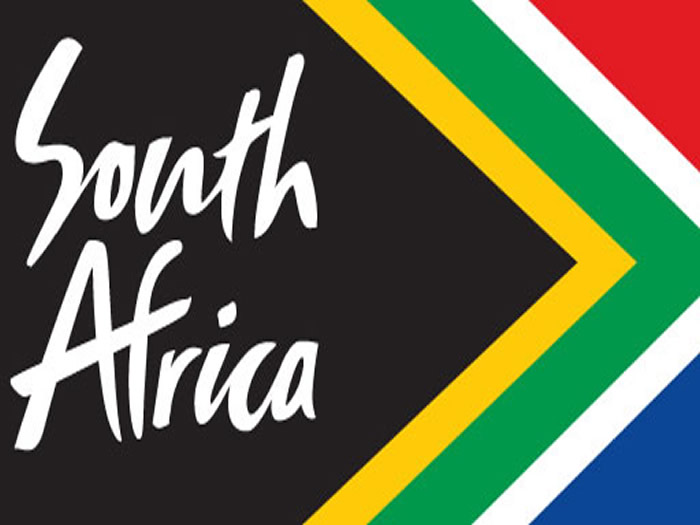Nelson Mandela may have died on December 5, 2013, but his legacy lives on. He changed the image of South Africa from that of a country despised for its atrocities to a “Rainbow Nation” (Archbishop Desmond Tutu’s term) that...
KEEP READINGThe CPD Blog is intended to stimulate dialog among scholars and practitioners from around the world in the public diplomacy sphere. The opinions represented here are the authors' own and do not necessarily reflect CPD's views. For blogger guidelines, click here.
Conflicting Narratives in South Africa
APDS Blogger: Jennifer Yael Green
Nearly twenty years after the end of Apartheid, South Africa is still a country of controversy and conflicting narratives.
The stories out of South Africa lately have not been good: just a few weeks ago, a Mozambican taxi driver, Mido Macia, was killed after being dragged behind a police van for over 100 meters. The incident was caught on video, and is eerily reminiscent of police brutality during the Apartheid years, of beatings and interrogations and cover-ups. I have heard the name Steve Biko uttered more than a few times.
And in February, Olympic darling and double amputee Oscar Pistorius was arrested on charges of murdering his girlfriend, after the sprinter says he mistook her for a home intruder. The arrest and trial have captured not only national attention, but started a global conversation about violence and domestic abuse in South African society. This comes on the heels of a teenage girl’s gruesome gang rape, as well as last year’s death of 34 miners at the hands of South African police.
It’s important to remember that South Africa’s international image has come far, though. When I first traveled to Cape Town in 2005, the country had just celebrated the ten-year anniversary of the end of white rule. South Africans were hopeful, proud of the reconstruction and reconciliation they had achieved after decades of oppression, brutality, and strained international relations. The country’s warm character and color was energizing and inspiring.
But which direction is South Africa heading in today? It’s been a beacon for Africa over the last twenty years, a continent of its own competing narratives: on the one hand, an emerging “economic giant” with a growing middle class; on the other, a hot spot for rising terrorist groups and home to more than a few nasty dictators. But the strength and charm of South Africa’s citizens has long been its strongest public diplomacy tool, the diverse and complex substance of the country far superseding its mere style.

There are still many challenges to face in the Rainbow Nation, most notably the social and economic inequality that has severely damaged the hopes and spirit of many ordinary South Africans. Income inequality has increased since 1994, and wealthy black South Africans within the governing African National Congress (ANC) have grown richer and more powerful while the majority of those they are supposed to represent are living off less than $2 a day.
Although Apartheid has ended, a two-class system in South Africa has not disappeared. Inequality and mistrust and corruption have not disappeared. It’s just that social inequality is no longer marked solely by skin color, but instead by privilege, power and money. If the South African government is unable to connect and relate with its own people, it’s going to be increasingly difficult to engage with foreign publics. If everyday South Africans don’t believe in a positive unifying message, how will they possibly project that to the rest of the world?
The Ubuntu philosophy is one of the first things I learned upon stepping on South African soil over eight years ago – literally that “people are people through other people.” This spirit of community has since become part of “Brand South Africa” and other promotions that surrounded the 2010 FIFA World Cup. If South Africa is going to reenergize its citizens and overcome its own negative narratives, it will need to remember that Ubuntu is more than the heart of a branding campaign, but the true core of the new South Africa.
Jennifer Yael Green is a graduate student pursuing a Master's degree in Public Diplomacy from USC's Annenberg School for Communication & Journalism.
Visit CPD's Online Library
Explore CPD's vast online database featuring the latest books, articles, speeches and information on international organizations dedicated to public diplomacy.
POPULAR ARTICLES
-
January 29
-
January 20
-
January 28
-
February 6
-
January 8
Join the Conversation
Interested in contributing to the CPD Blog? We welcome your posts. Read our guidelines and find out how you can submit blogs and photo essays >.












